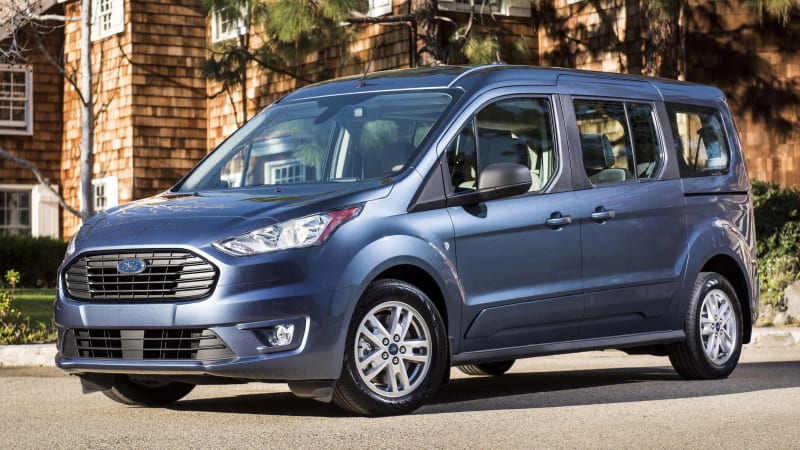Audi Repair Shop Doylestown
Call 267 279 9477 to schedule a appointment

has announced
numbers for its updated
2019 Ford Transit Connect minivan
with the naturally aspirated 2.0-liter four-cylinder gasoline engine. In the city, it gets 24 mpg. On the highway it gets 29 mpg. Combined fuel economy is 26 mpg.
These numbers make the
the most fuel-efficient non-hybrid minivan in the U.S. Only the
tops it with a combined fuel economy rating of 32 mpg. The regular gas-powered
and
come close on the highway with 28 mpg, but fall far short in town with ratings of about 18 mpg. The
is very close, matching the Transit Connect’s city fuel economy, and coming up 1 mpg shy of its combined rating. But its highway rating is just 26 mpg. The Ram
City is only 1 mpg off in highway fuel economy, but city economy is 21 mpg and combined is 24.
While this is generally good news for Ford and minivan buyers alike, the fact that this new 2.0-liter
is so efficient may put the squeeze on the
model. The company will be offering the Transit Connect with a 1.5-liter turbodiesel engine this coming year. Final fuel economy numbers haven’t been announced, but Ford said it’s aiming for 30 mpg on the highway. That’s only 1 mpg better than the 2.0-liter gas engine, and diesel in the U.S. is still usually more expensive than regular gas.
In the diesel’s favor, though, is greater torque than the 2.0-liter van. It makes 200 pound-feet of torque rather than 144, which should also help make up for its 30-horsepower deficit over that gas engine. The torque should also make
hauling heavy loads and towing
a little easier. Ford may be hoping that the diesel does better in-town, and maintains more of its economy when carrying heavy loads. But if you’re not hauling a huge amount of heavy stuff, the 2.0-liter gas engine seems the clear choice.
Related Video:
from Autoblog https://ift.tt/2P7kyFe